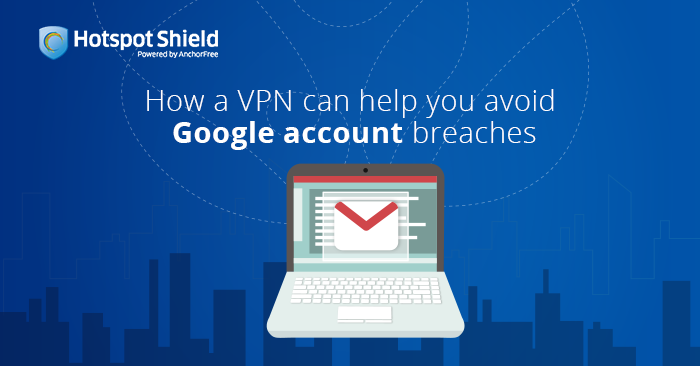How to get a Finnish IP address
The easiest way to improve your digital privacy is to switch your IP address using a VPN. We’ll …

Cyber attacks against Google accounts have increased in number and strength over the last few years. While the security infrastructures employed by Google’s servers are formidable enough to withstand even the most resilient of these attacks, the growing sophistication of hacking techniques is becoming a major challenge for the tech giant.
Just recently, Israel-based security software firm Check Point discovered a new malware campaign targeting Google accounts. The attack campaign, dubbed Gooligan, had already breached more than one million accounts when it was discovered in late November, with that number rising by 13,000 every day since the time of discovery.
According to Check Point, infection begins when a user installs an app carrying Gooligan. The two most common sources of these infected apps are third party app stores and phishing campaigns. Upon infecting the device, the malware then steals email accounts and authentication tokens and sends them to the command and control center. This then allows the perpetrators to access the Google accounts of the victims. So far, Gooligan is said to affect accounts under the Gmail, Google Play, Google Drive, Google Docs, Google Photos and G Suite services.
Aside from account breaches, Gooligan is programmed to raise the reputation of its carrier apps from Google play. The malware does this by downloading those apps, leaving positive reviews and then rating them high. Gooligan is also programmed to spread adware and generate more revenue for the perpetrators. According to Forbes CyberSecurity, the perpetrators reportedly earn up to $320,000 a month because of this.
Gooligan is known to work on Android versions Jelly Bean, KitKat, and Lollipop. Out of all the more than one million breached accounts as of December 2016, 57 percent came from Asia, 19 percent came from the US, 15 percent came from Africa, while the remaining 9 percent came from Europe.
The Gooligan campaign is considered to be one of the largest attacks on Google accounts to date. What this means for Google account owners, which comprise more than 1 billion Internet users as of August 2016, is that using these accounts puts them at risk like never before. Fortunately, there are a few simple ways to prevent Google account breaches from taking place, and among them is installing a VPN for malware protection on your device such as Hotspot Shield.
One of the key features of Hotspot Shield VPN is that it uses a database of more than 3.5 million websites and links that are known to be infected with malware or are being used as phishing pages. As soon as it detects an infected site, it automatically blocks access to that site, preventing infections. This can be helpful especially since Gooligan comes mostly from infected third party apps and phishing sites.
Hotspot Shield is not just a VPN for malware protection. In addition to this feature, it also has a number of other features that help make your online experience more enjoyable. You can read more about them here.
Keep your Google accounts safe from malware attacks like Gooligan by downloading Hotspot Shield VPN for malware protection today! Visit our website to learn more about Hotspot Shield VPN, and don’t forget to read our other blogs for more VPN usage tips.
